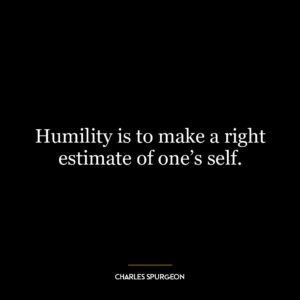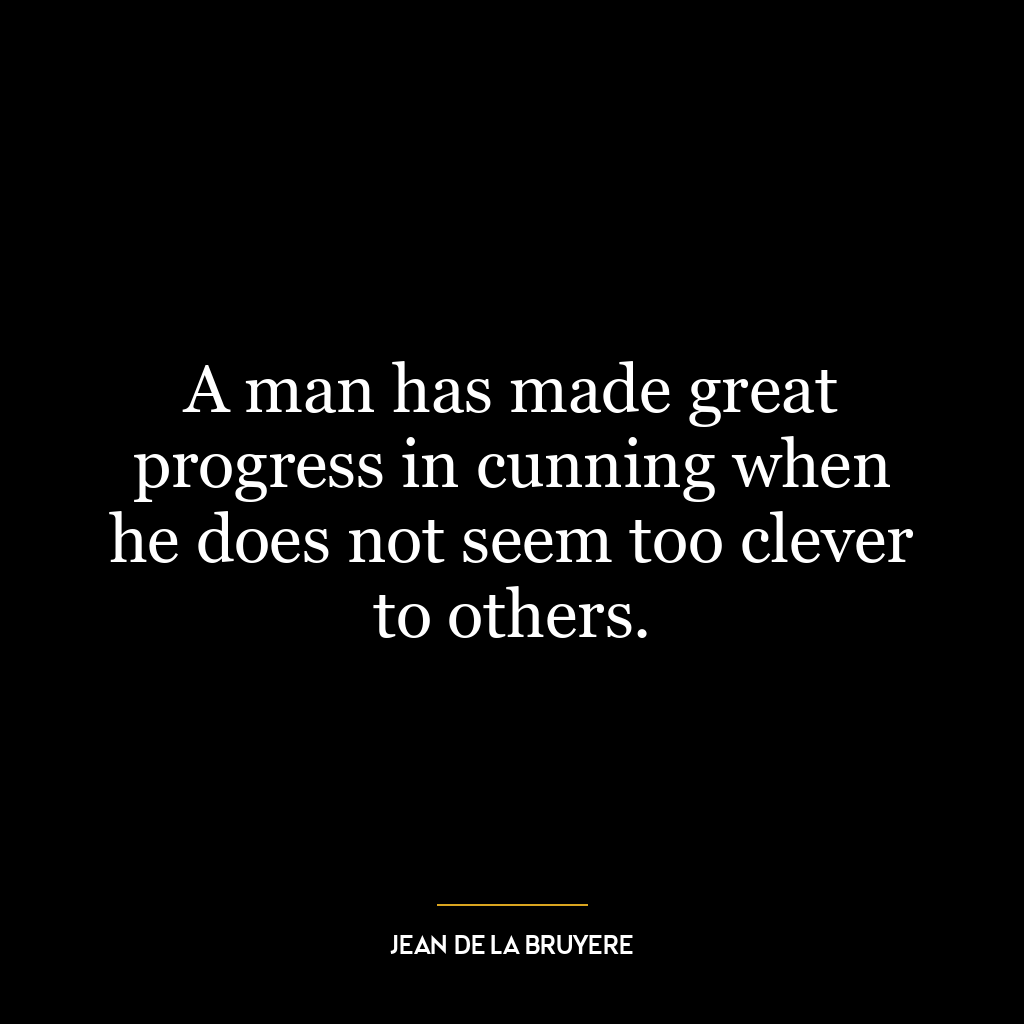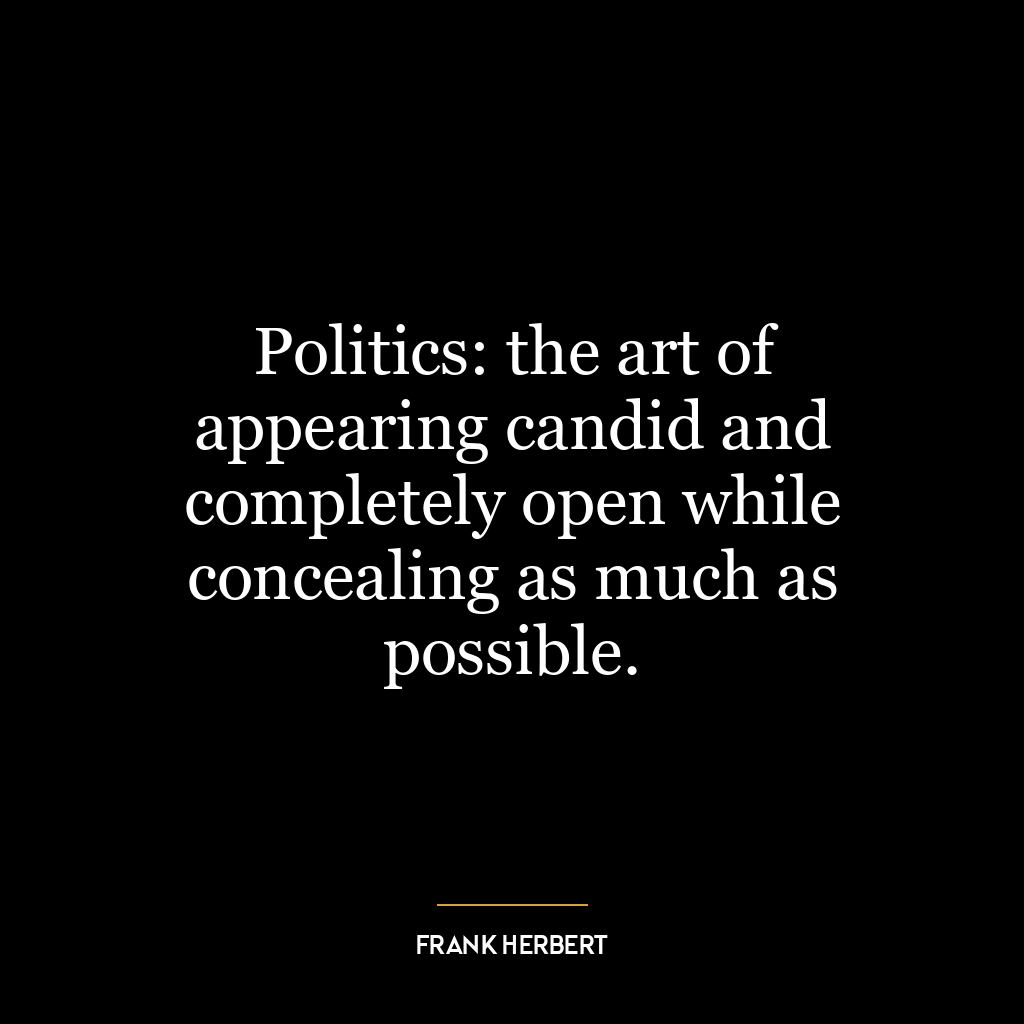Satan can make men dance upon the brink of hell as though they were on the verge of heaven.
This quote suggests that Satan, symbolizing evil or negative influences, has the power to deceive people into believing they are in a state of bliss and righteousness when they are actually on the precipice of disaster or moral downfall. The illusion is so convincing that individuals might be cheerfully dancing, oblivious to their precarious position at the edge of hell, which represents destruction or severe consequences.
The “brink of hell” can be interpreted as engaging in harmful behaviors or actions that could lead to disastrous outcomes. The “verge of heaven”, on the other hand, signifies a state of perceived joy, peace or righteousness. This quote therefore warns against deception and manipulation by negative forces.
In today’s world context, this idea can be applied in various ways such as media influence and consumer culture. For instance, some advertising campaigns may glamorize unhealthy lifestyles (the brink of hell) making them seem desirable (as though they were on the verge of heaven). They can make excessive consumption appear glamorous while concealing its potential harm like debt accumulation and materialistic obsession.
In terms of personal development, this quote reminds us to stay vigilant about our choices and decisions. It encourages critical thinking and self-awareness so we don’t fall for illusions presented by negative influences – whether it’s peer pressure encouraging bad habits or societal norms pushing unhealthy standards.
It also urges us not to blindly follow what appears attractive but rather question its true nature and potential consequences. This way we avoid being manipulated into ‘dancing’ towards our own downfall but instead consciously steer ourselves towards genuine progress and fulfillment.
Overall it serves as a cautionary message about discernment – understanding what truly lies beneath surface appearances – in both society at large and our personal lives.









